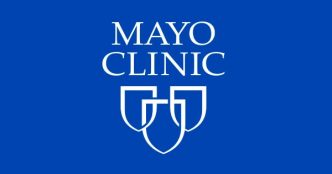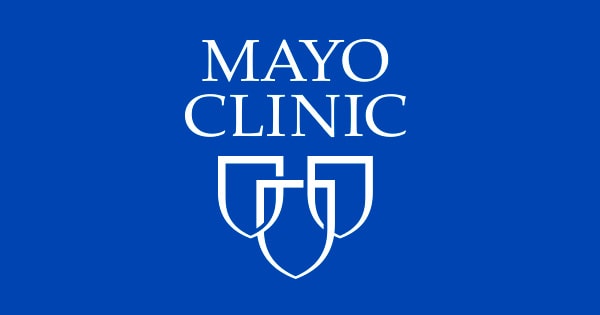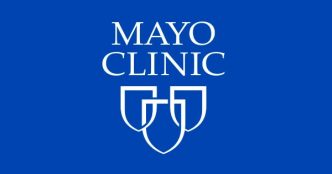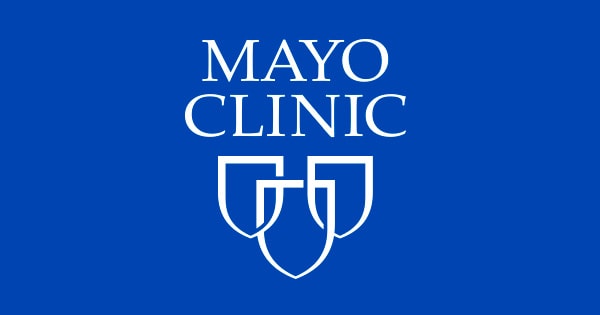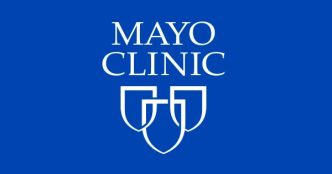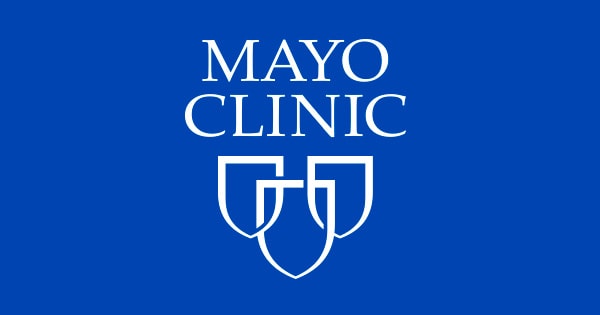Overview
Acidophilus, also called Lactobacillus acidophilus, is a bacterium found in the mouth, intestine and vagina. It’s used as a probiotic. Probiotics are live microorganisms meant to keep or improve the good bacteria in the body. Each type of probiotic supplement, and each strain of each type, works in different ways.
As a supplement, acidophilus is sold as capsules, tablets, wafers, powders and a vaginal suppository. Besides its use as a supplement, acidophilus also is found in some dairy products, such as yogurt. It’s commercially added to many foods too.
People often take acidophilus to treat a type of vaginal inflammation, called bacterial vaginosis, and digestive disorders. They also may take it to boost the growth of good bacteria.
What the research says
Research on acidophilus use for some conditions shows:
- Bacterial vaginosis. Taking acidophilus might help to treat this type of vaginal swelling and irritation, called inflammation. Some studies have found that acidophilus may improve the condition when it’s taken as a suppository that’s placed in the vagina. It’s not clear if it works as well when a person takes it as a pill by mouth or eats yogurt with acidophilus.
- Cold and influenza. Acidophilus might play a role in lessening how many cold and flu viruses children may get. It also may help shorten how long they have these viruses.
-
Some types of diarrhea. A person might have a reduced chance of having diarrhea related to taking antibiotics, called antibiotic-associated diarrhea, when taking acidophilus along with other specific forms of lactobacillus. It also might lessen diarrhea, bloating and cramps. The probiotic mixture might reduce how often people have diarrhea related to taking antibiotics as well.
The probiotic mixture might lessen how much people taking antibiotics have diarrhea related to Clostridioides difficile, called C. difficile, infection. But more research needs to be done. This type of infection can cause symptoms ranging from diarrhea to life-threatening swelling and irritation, called inflammation, of the colon.
- Eczema. Mothers who take acidophilus by mouth during pregnancy and when breastfeeding and give acidophilus to their babies and young infants might lower their babies’ and children’s chances of having eczema, called atopic dermatitis. It also may lessen how often the children have eczema or how severe their eczema symptoms are if they have them.
Acidophilus products might have major differences in their makeup, called composition, which could cause varying results.
Our take

Generally safe
Interest is growing in probiotics such as acidophilus. While more research is needed, there seems to be little harm in taking acidophilus. But a balanced diet, including yogurt and fermented foods such as kefir, sauerkraut and kimchi, might give you enough “good” bacteria.
Safety and side effects
Possible side effects from acidophilus include:
- Constipation.
- Gas.
- Bloating.
- Increased thirst.
If you have a weakened immune system or other health conditions, talk to your healthcare professional before taking a product such as acidophilus that has live bacteria.
Premature infants who’ve received probiotics have had serious infections. Do not give probiotics to premature infants.
If you’re lactose intolerant, be aware that some acidophilus products might have lactose.
Interactions
Acidophilus doesn’t have any known major interactions.
From Mayo Clinic to your inbox
Sign up for free and stay up to date on research advancements, health tips, current health topics, and expertise on managing health. Click here for an email preview.
To provide you with the most relevant and helpful information, and understand which
information is beneficial, we may combine your email and website usage information with
other information we have about you. If you are a Mayo Clinic patient, this could
include protected health information. If we combine this information with your protected
health information, we will treat all of that information as protected health
information and will only use or disclose that information as set forth in our notice of
privacy practices. You may opt-out of email communications at any time by clicking on
the unsubscribe link in the e-mail.
Dec. 19, 2024
- Probiotics: What you need to know. National Center for Complementary and Integrative Health. https://www.nccih.nih.gov/health/probiotics-what-you-need-to-know. Accessed March 1, 2024.
- Lactobacillus. Merative Micromedex. https://www.micromedexsolutions.com. Accessed March 12, 2024.
- Lactobacillus acidophilus. Natural Medicines. https://naturalmedicines.therapeuticresearch.com. Accessed March 12, 2024.
- Probiotics for gastrointestinal disease. https://www.uptodate.com/contents/search. Accessed March 12, 2024.
- Probiotics products oral. Facts & Comparisons eAnswers. https://fco.factsandcomparisons.com. Accessed March 12, 2024.
- Pizzorono JE, et al., eds. Textbook of Natural Medicine. 5th ed. Elsevier; 2021. https://www.clinicalkey.com. Accessed March 12, 2024.
- Remes-Troche JM, et al. Lactobacillus acidophilus LB: A useful pharmabiotic for the treatment of digestive disorders. doi:10.1177/1756284820971201.
.
